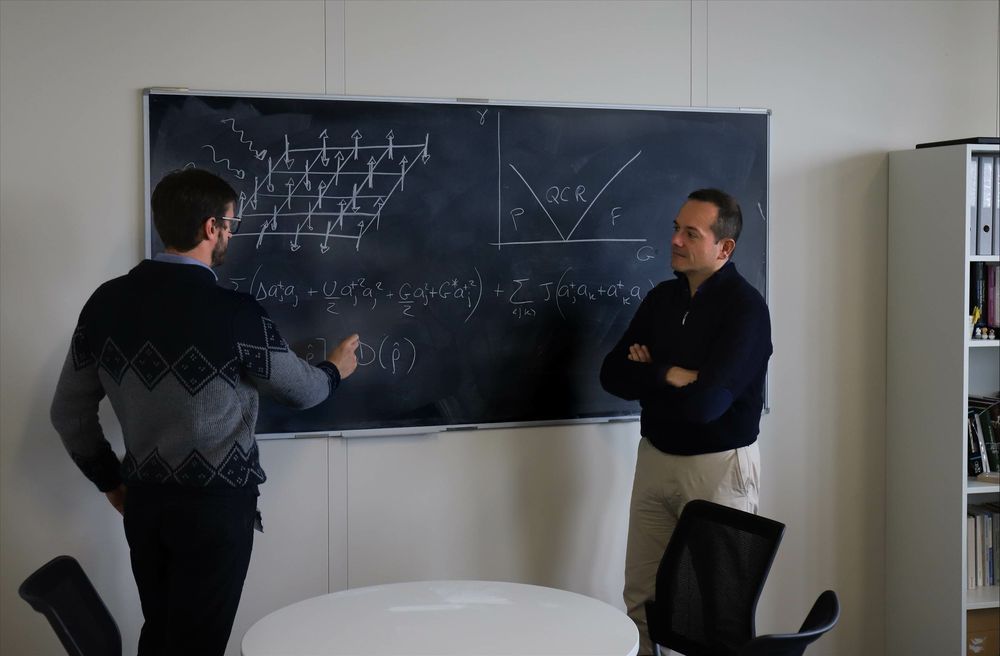Physicists at EPFL propose a new “quantum simulator”: a laser-based device that can be used to study a wide range of quantum systems. Studying it, the researchers have found that photons can behave like magnetic dipoles at temperatures close to absolute zero, following the laws of quantum mechanics. The simple simulator can be used to better understand the properties of complex materials under such extreme conditions.
When subject to the laws of quantum mechanics, systems made of many interacting particles can display behaviour so complex that its quantitative description defies the capabilities of the most powerful computers in the world. In 1981, the visionary physicist Richard Feynman argued we can simulate such complex behavior using an artificial apparatus governed by the very same quantum laws – what has come to be known as a “quantum simulator.”
One example of a complex quantum system is that of magnets placed at really low temperatures. Close to absolute zero (−273.15 degrees Celsius), magnetic materials may undergo what is known as a “quantum phase transition.” Like a conventional phase transition (e.g. ice melting into water, or water evaporating into steam), the system still switches between two states, except that close to the transition point the system manifests quantum entanglement – the most profound feature predicted by quantum mechanics. Studying this phenomenon in real materials is an astoundingly challenging task for experimental physicists.
